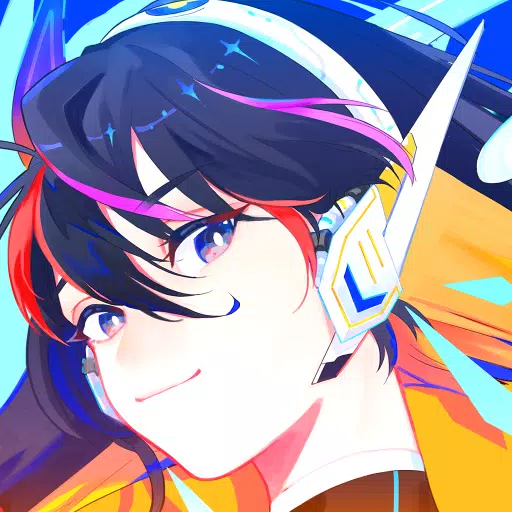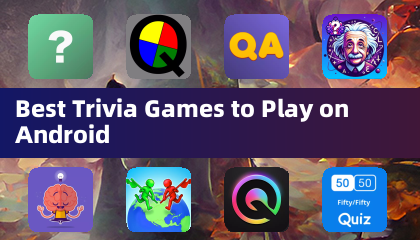Microsoft's recent foray into AI-generated gameplay with a Quake II-inspired interactive demo has ignited a fiery debate across online communities. Powered by Microsoft's Muse and the World and Human Action Model (WHAM) AI systems, the demo showcases a novel approach to game creation where visuals and player behavior are generated dynamically in real-time, sans a traditional game engine.
Microsoft describes the demo as a "bite-sized" experience that thrusts players into an AI-crafted environment inspired by the iconic Quake II. The tech giant emphasizes the real-time nature of the demo, where every player input prompts the AI to generate the next moment of gameplay, aiming to mimic the feel of the original game.
However, the demo's reception has been overwhelmingly negative. When Geoff Keighley, host of The Game Awards, shared a video snippet of the demo on social media, the response was swift and largely critical. Many in the gaming community expressed concerns over the future of AI in gaming, fearing that it might lead to a decline in human creativity and originality in game development.
Critics on platforms like Reddit and Twitter voiced their apprehension, with some lamenting the potential loss of the "human element" in games. One user even suggested that the demo's quality was so low that it paled in comparison to merely imagining the game. There were also worries about the broader implications of AI in the industry, with some pointing out that despite the tech's limitations, companies might still rush to adopt it, driven by cost-saving motives rather than enhancing player experience.
Yet, not all feedback was negative. Some users defended the demo, seeing it as a promising glimpse into future possibilities. They acknowledged the demo's limitations but praised the underlying technology's potential, suggesting it could be valuable in early concept phases or other areas of AI development.
The debate over Microsoft's AI-generated Quake II demo reflects broader concerns within the gaming and entertainment industries about the role of generative AI. Amidst widespread layoffs, the use of AI has been met with skepticism due to ethical and rights issues, as well as its ability to produce content that resonates with audiences. Examples like Keywords Studios' failed attempt to create a game entirely with AI and Activision's use of AI for assets in Call of Duty: Black Ops 6 highlight the ongoing tension.
Moreover, the controversy surrounding an AI-generated Aloy video underscores the unease among voice actors and other creatives about AI's impact on their livelihoods. As the industry continues to grapple with these issues, the future of AI in gaming remains a hotly contested topic.















